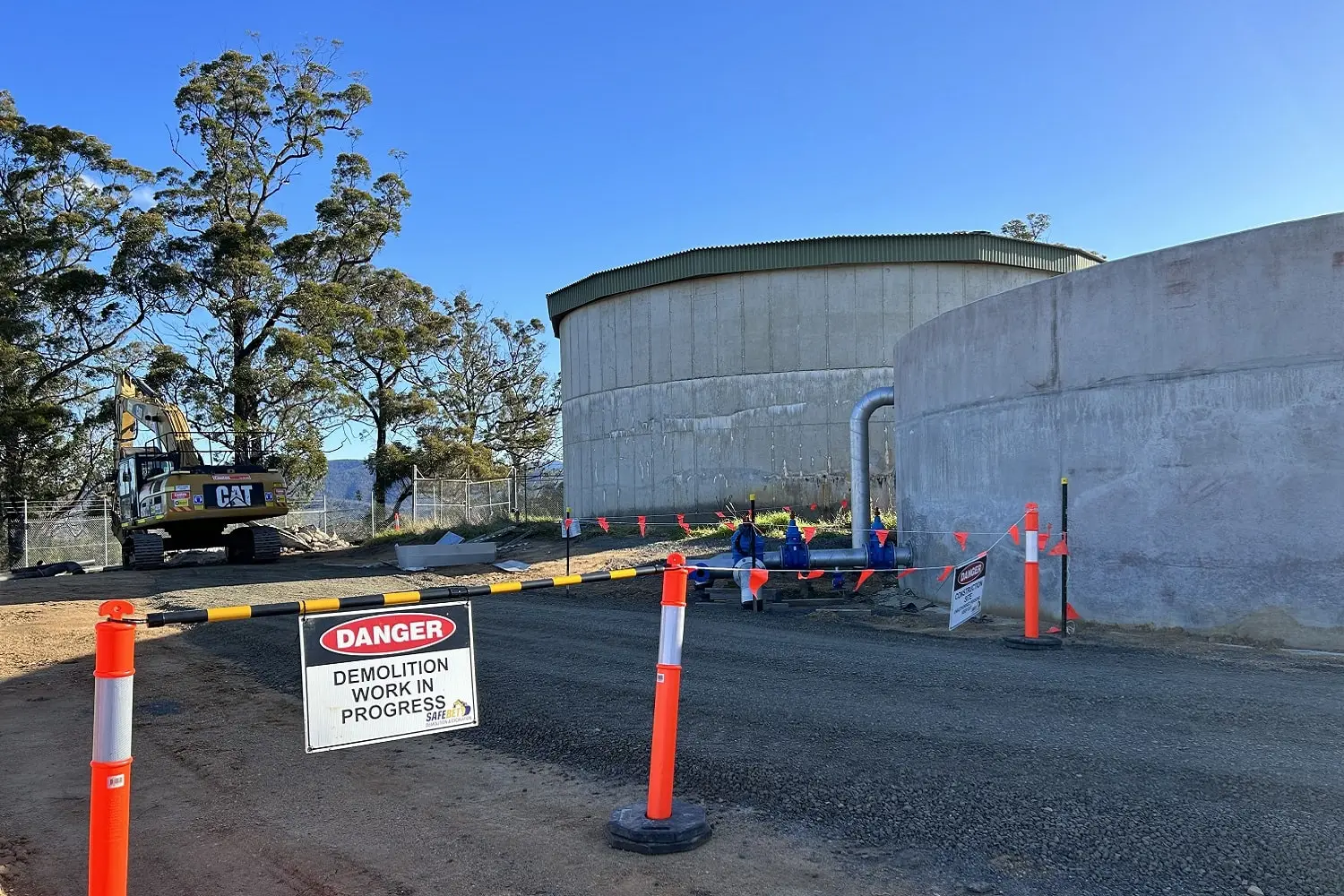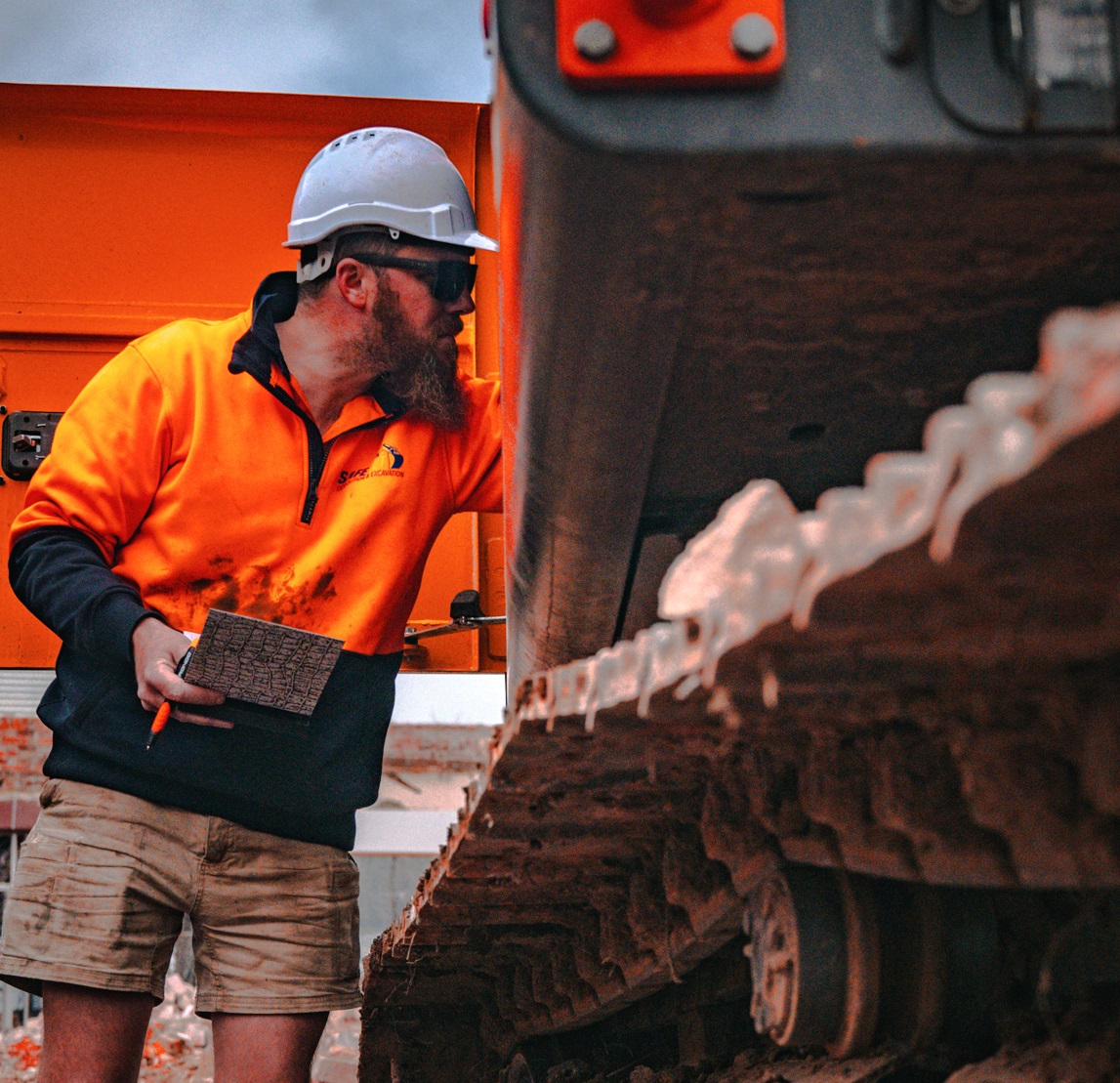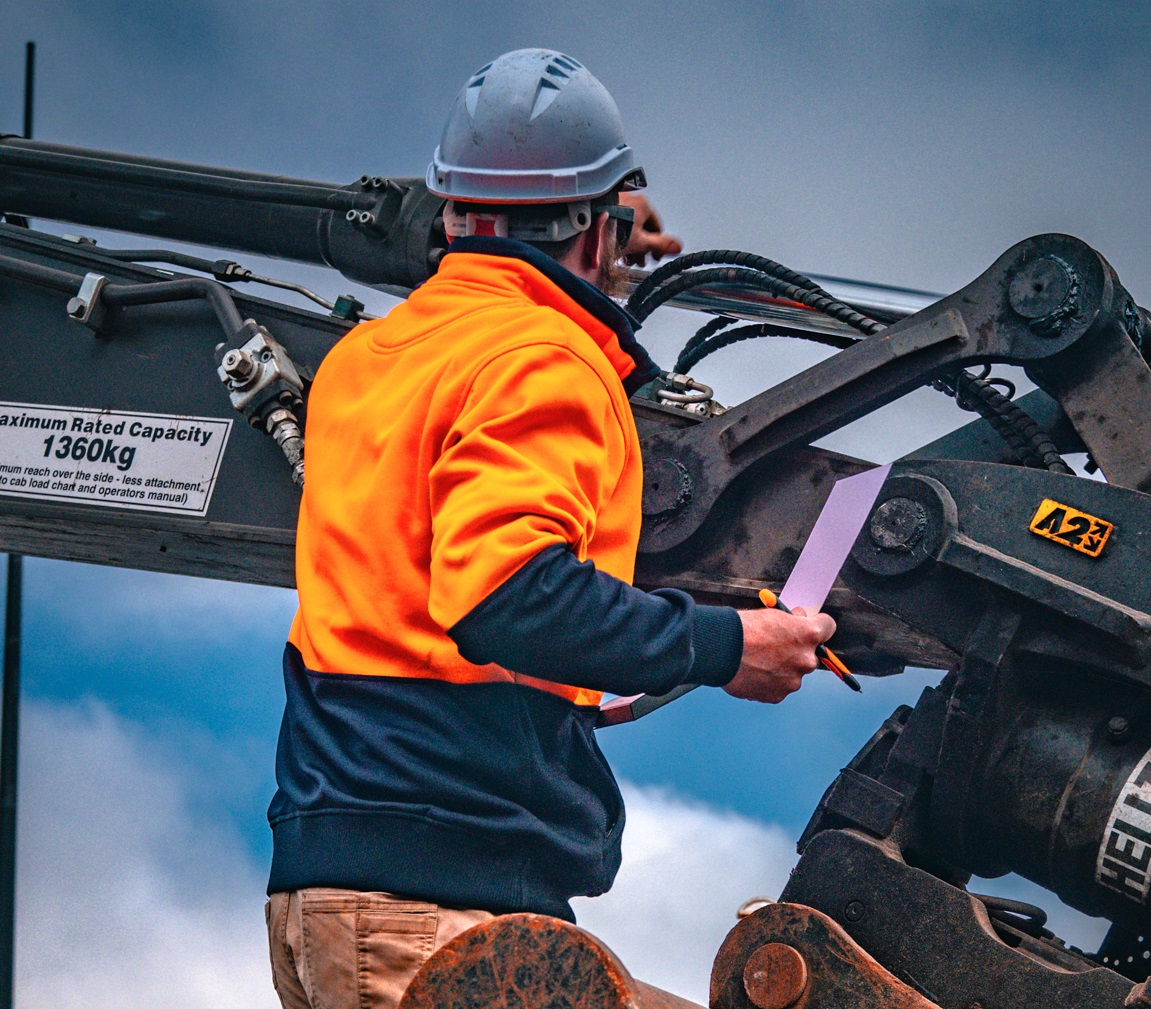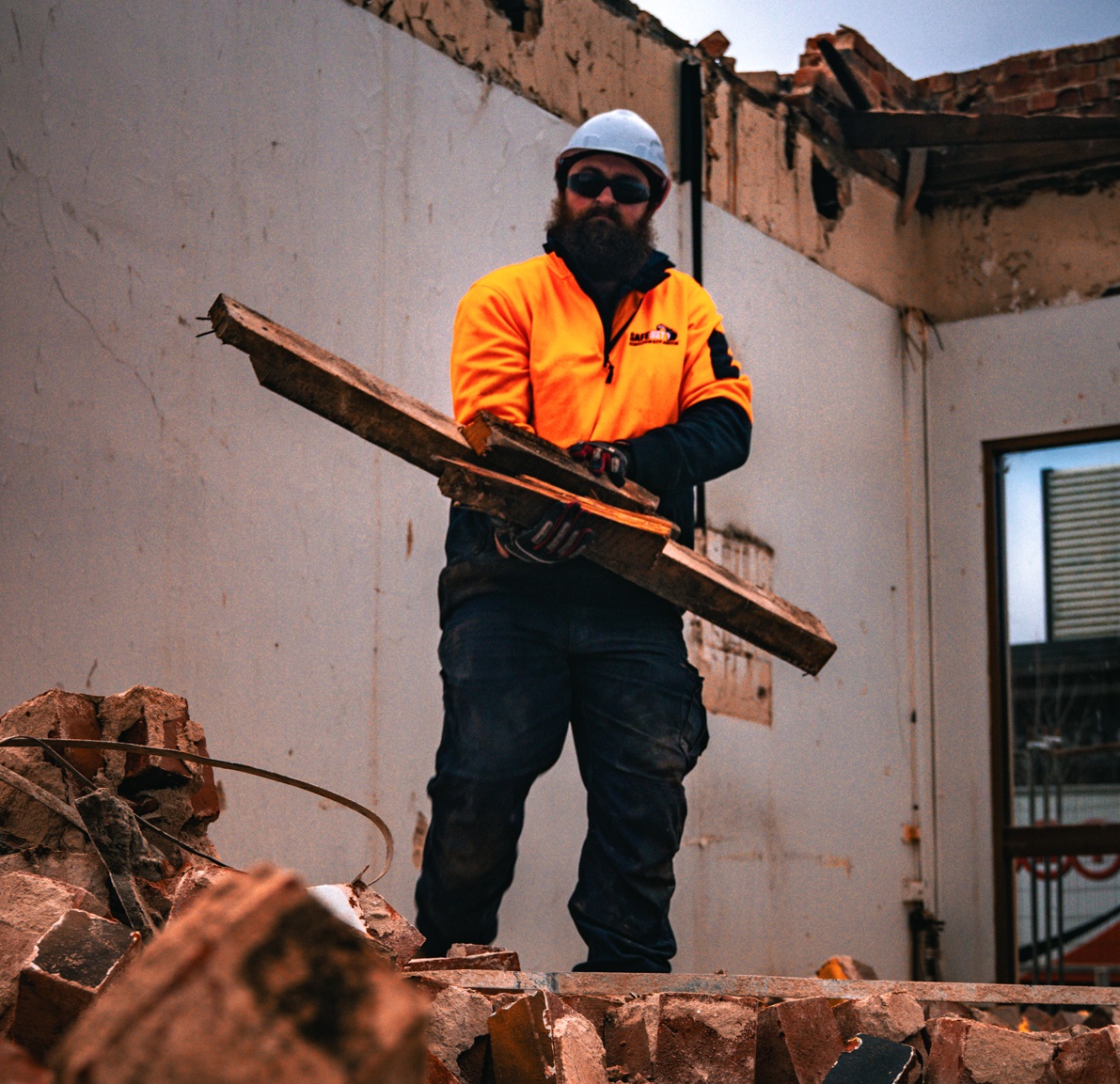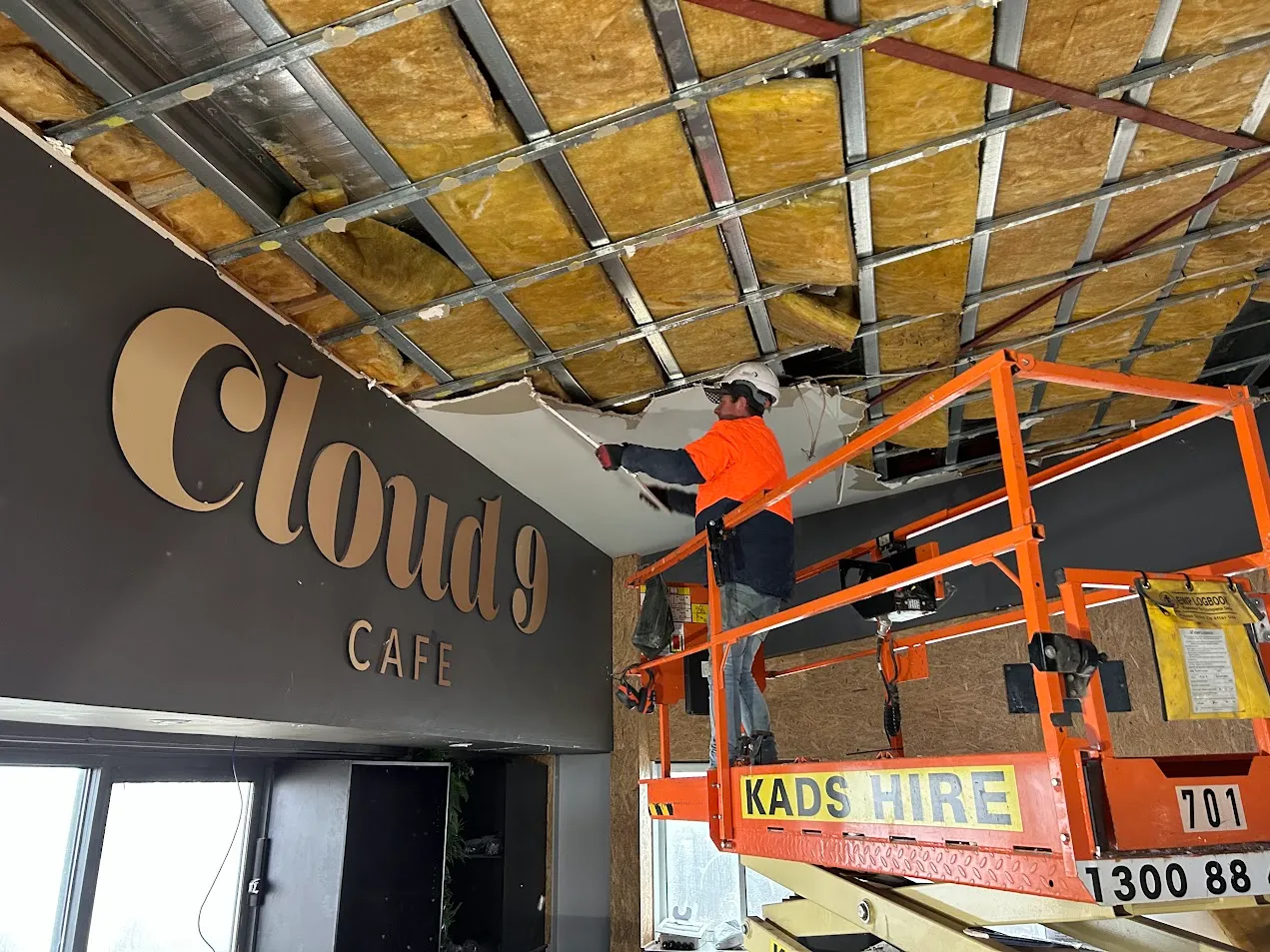At a glance
- Recognise the signs: Is it time to demolish? Learn when to tear down buildings in VIC & NSW.
- Strategic demolition decisions: Navigate the process for commercial, residential, and industrial properties.
- Expert insights: Consult with reputable demolition companies in Melbourne & Sydney for safe, efficient solutions.
The decision to demolish a property can signify a fresh start, paving the way for new construction and opportunities. Whether for commercial, residential, or industrial purposes, understanding when a building has reached the end of its useful life is crucial.
This guide, from a leading demolition company in Melbourne and Sydney, will navigate you through the key signals that indicate it’s time for demolition in VIC and NSW.
The Lifecycle of a Building: Recognising the End
Buildings age, deteriorate, and eventually reach a point where renovation is no longer viable or cost-effective. Demolition is your answer.
Demolition, a high-risk activity in the construction sector, requires careful consideration and expertise. Particularly in densely populated areas like Melbourne and Sydney. Here are the main reasons your property might need to be demolished:
Structural Integrity Compromised
The most alarming sign that a building requires demolition is when its structural integrity is compromised. This could be due to various factors, including poor maintenance and natural wear and tear. Such buildings that are unsafe and at risk of collapse pose a significant hazard and are prime candidates for demolition.
Cracks, buckling, or any severe damage to your property’s foundation are not just signs but a clarion call for immediate action. While minor damages in isolated areas might only require renovation, extensive structural failures often warrant a complete rebuild. Consulting a local housing contractor for a thorough inspection is a wise step to gauge the extent of the damage.
Calamity-Stricken Properties
Properties damaged by natural disasters often suffer from weakened structures. In extreme cases, parts of the building might be left standing but are beyond repair. These buildings are unsafe and financially imprudent to restore, making demolition the most sensible option.
Obsolescence and Aged Infrastructure
As buildings age, they may no longer comply with current safety standards. They may contain hazardous materials such as asbestos. Older buildings, especially those neglected or abandoned, can also become eyesores or shelters for unlawful activities.
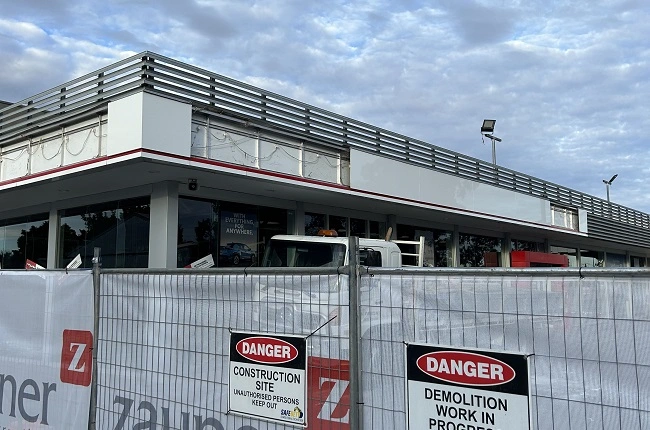
Demolition and redevelopment can breathe new life into these sites, especially in prime locations within VIC and NSW. However, historical buildings carry legal and cultural considerations that might restrict demolition options.
Economic and Market Factors
Sometimes, the value of the land a building occupies is significantly higher without the existing structure, most importantly if the building is in poor condition or has an outdated design.
In booming real estate markets like those in Melbourne and Sydney, demolishing an old building to make way for modern development can dramatically increase property value.
Regulatory and Zoning Changes
Changes in governmental building codes or zoning laws can render existing buildings obsolete or non-compliant. In such cases, demolishing the building and starting anew is more cost-effective.
Additionally, if your dream renovation clashes with your area’s height, width, and length restrictions. Demolition followed by a rebuild within acceptable parameters might be your best bet. However, staying informed about the latest regulations is essential to avoid planning a rebuild that exceeds current allowances.
Space Limitations
Another scenario prompting demolition is the lack of space for additions. Should your property be so fully utilised that expanding your living space becomes impossible? Demolition for a new layout becomes inevitable. Yet, if affection for your current home outweighs the desire for change, consider interior modifications over demolition.
Lack of Emotional Attachment
Personal dissatisfaction with your property’s current materials and layout can strongly motivate demolition. If the house no longer feels like home due to its outdated features or cramped spaces. Starting afresh might be the solution, provided your budget aligns with the project’s demands.
Demolition as a Strategic Decision
Choosing to demolish a building, whether it’s for commercial demolition in Sydney or residential demolition in Melbourne, is not a decision taken lightly. It involves a complex interplay of regulatory, environmental, demolition permits and economic considerations. Here’s how to approach this decision strategically:
Assessing the Property
Start by evaluating the building’s age, condition, and compliance with current regulations. Consider the potential for renovation versus the benefits of redevelopment. For industrial demolition, the presence of hazardous materials and the site’s industrial legacy are critical factors.
Consultation with Expert
Engaging with reputable demolition companies in Melbourne or Sydney can provide valuable insights. SAFEBET is well-versed in the regulations governing demolition in VIC and NSW.
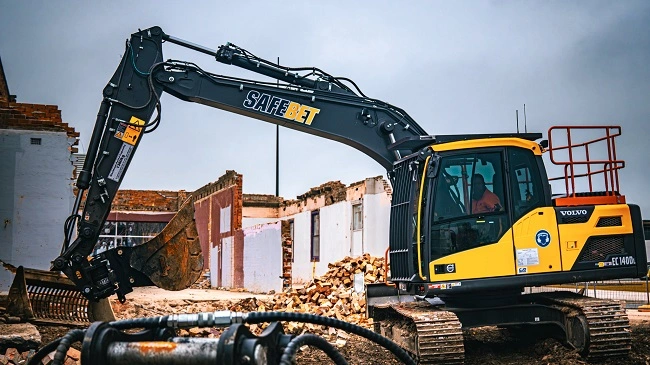
Furthermore, they can offer advice on the most efficient and safe methods for bringing down a structure.
Economic Analysis
Consider the costs associated with demolition and redevelopment versus the potential returns. In many cases, the long-term benefits of constructing a modern, efficient building outweigh the initial expenses of demolition.
Demolition Permits
Securing a demolition permit is pivotal before any demolition activity can commence. This process involves submitting detailed plans and justifications for the demolition to local authorities. Then, they will assess the proposal against safety regulations, environmental concerns, and urban planning objectives. In regions like VIC and NSW, the requirements for obtaining a demolition permit can vary, reflecting local priorities and statutory obligations.
Demolition permits serve several crucial purposes:
Safety Assurance: Permits ensure that the planned demolition adheres to safety standards, protecting the crew and the surrounding community from potential hazards.
Environmental Protection: Given the significant environmental impact that demolition can have, permits often require plans for waste management, recycling of materials, and minimisation of environmental harm.
Historical Preservation: In areas with historical buildings, permits help safeguard cultural heritage by ensuring any demolition is carefully considered and, where necessary, alternatives are explored.
Community Consideration: Permits regulate demolitions, providing a mechanism for community input and consideration, ensuring that demolitions align with broader urban development goals.
Environmental and Community Impact
Demolition and subsequent construction projects can significantly impact the local community and environment. Responsible demolition practices include recycling materials, minimising dust and noise, and ensuring the safety of the surrounding area.
Choosing the Right Partner for Demolition
The success of a demolition project hinges on selecting a competent contractor. Look for firms with a strong track record in commercial, residential, or industrial demolition, as applicable. The best demolition company, SAFEBET, in Melbourne and Sydney, adheres to stringent safety standards and commits to sustainable practices.
Recognising when a property in VIC or NSW requires demolition is the first step toward redevelopment and regeneration. Whether it’s a commercial building in Sydney or a residential property in Melbourne, the decision to demolish should be informed by a thorough assessment of the building’s condition. With the support of experienced demolition companies, property owners can navigate this complex process. Additionally, they can ensure that demolition is conducted safely, efficiently, and with an eye toward sustainability.
